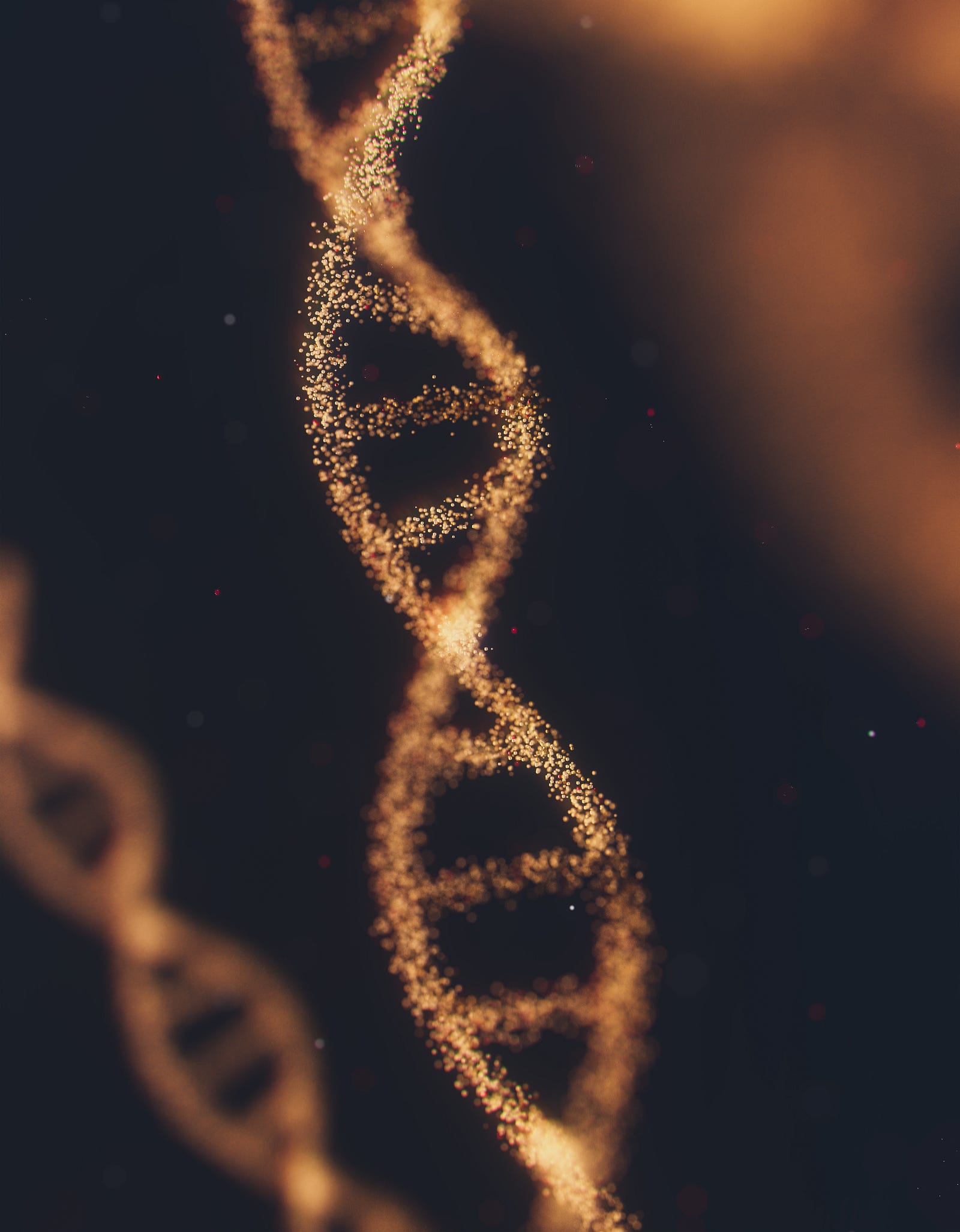A NEW STUDY IS THE FIRST to reveal neurobiological predispositions for musical talent. Infant brain structure predicts musical aptitude. We already know that the brains of musicians and non-musicians differ by imaging. Moreover, musicians demonstrate greater neuroplasticity, with a greater ability to change and adapt to life experiences. But is musical ability pre-determined? Let’s explore the relationship between musical talent and genes.
What about the brain before any formal musical training? We need more information. The new study aims to discover if there are neurobiological predispositions for musical talent — in infancy.
“If music be the food of love, play on;
Give me excess of it, that, surfeiting,
The appetite may sicken, and so die.
That strain again! It had a dying fall:
O, it came o’er my ear like the sweet sound,
That breathes upon a bank of violets,
Stealing and giving odour! Enough; no more:
’Tis not so sweet now as it was before.
O spirit of love! how quick and fresh art thou,
That, notwithstanding thy capacity
Receiveth as the sea, nought enters there,
Of what validity and pitch soe’er,
But falls into abatement and low price,
Even in a minute: so full of shapes is fancy
That it alone is high fantastical.”
― William Shakespeare, Twelfth Night
Is musical ability pre-determined?
How much of musical ability is inherited? There are strong genetic components to musical ability and inability. Let’s look at some evidence.

Karolinska Institutet (Sweden) researchers compared the musical skills of 1,211 adult identical twins and 1,358 fraternal twins. They tested participants’ ability to distinguish melodies, detect differences in pitch, and recognize rhythms.
Remarkably, even when one twin practiced significantly more than the other twin — in one case, 20,228 hours more — their level of musical ability was roughly the same.
The Swedish researchers also discovered that one in four adults has trouble recognizing tunes. Moreover, one in 20 has severe tone deafness.
The University of California (USA) School of Medicine discovered that many of us with absolute (“perfect”) pitch could name white piano keys more easily than black keys, almost certainly because of a bias towards white keys (with their simpler key signatures) in the early in musical training.
Heritability studies from this group showed that absolute pitch acquisition is strongly genetic.
The Twin Research and Genetic Epidemiology Unit at St. Thomas’ Hospital (London, UK) examines the genetic basis of common diseases and traits associated with aging using twins.
The group’s 2001 study showed that up to 80 percent of tone deafness is genetic. For the research investigation, the scientists used a “Distorted Tunes Test” that includes 26 popular musical tunes to compare the responses of 568 volunteer female twins from the St Thomas’ Twin Registry.
The results suggest that genes control unique sites in the brain that determine pitch perception levels.
The researchers plan to expand their findings to analyze other hearing impairment types. They hope to find the genes involved and unlock the mysteries of various musical abilities in humans.
Musical talent and genes – A new study
We know there are brain pathways essential for musical training (and that develop over time in response to musical training). Are these specialized pathways present before musical training begins?
Here are the key findings of a Harvard Gaab Lab study:
- Early brain structure in babies can set the stage for later musical success.
- There are structural networks in infants’ brains. These networks are associated with some of the differences previously only seen in the brains of musically trained adults or much older children.
- Nature (in the form of a predisposition for music) and nurture (musical training) may establish a neural foundation for musicality. The infant brain structures may serve as a scaffold on which ongoing experience builds.

Researchers analyzed brain imaging from 25 infants from the Greater Boston area. They identified subjects using a larger existing study that was already tracking brain and language development. The subjects had follow-up assessments of musical aptitude — tonal and rhythmic abilities — when the children reached kindergarten.
Study highlights
Here are some study highlights:
- School-age music aptitude is associated with the structural organization of the right corticospinal tract. The corticospinal tract (also known as the pyramidal tract) is the major nerve pathway providing voluntary motor function. This tract connects the brain cortex to the spinal cord to enable movement of the distal arms and legs.
- The relationship between music aptitude and the right corticospinal tract in infancy remains significant, even when the scientists accounted for language.
- The findings support the idea of a predisposition for musical success, with musical predisposition building on an existing brain scaffolding created in infancy.
Study limitations
This study had a small sample size and little socioeconomic variation. Larger studies are needed (with broader demographic variation) to understand better the environmental and genetic impacts on infants’ brains and later musical development.
There are both genetic and environmental contributions to a child’s musical aptitude. Early musical experiences — as the brain rapidly develops — appear important in shaping subsequent musical ability.
Of course, even if you are born with a predisposition to musical talent, you need musical training and experience to optimize your ability. Genes influence musical elements, including absolute pitch.
Genes are not fate, at least when it comes to musical talent. A particular brain structure may influence how easily you can acquire musical skills.
On another note, here’s a piece on using music therapy for those with dementia:
https://newcancerinfo.com/2022/09/04/music-therapy-for-dementia/
The information I provided in this blog is for educational purposes only and does not substitute for professional medical advice. Please consult a medical professional or healthcare provider for medical advice, diagnoses, or treatment. I am not liable for risks or issues associated with using or acting upon the information in this blog.
Thank you for reading “Musical Talent and Genes.” Please consider signing up to follow me.
























